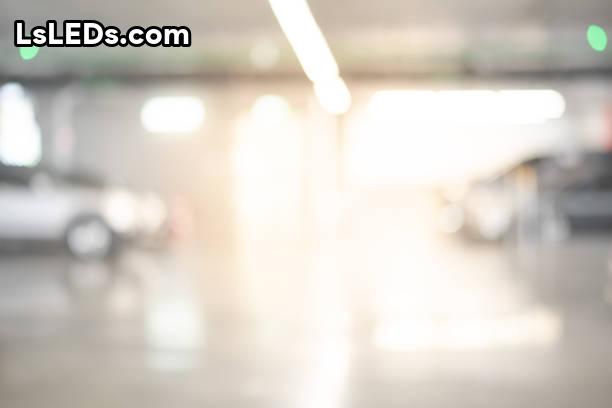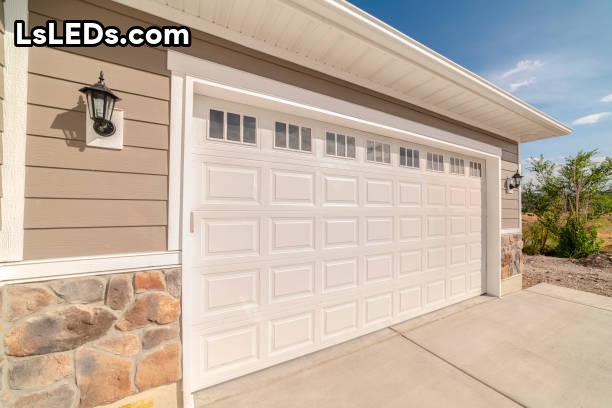
Table of Contents
What are the parts of a fluorescent light fixture?
There are three parts to a fluorescent fixture. Replacement is usually the solution when one of these components fails.
What are the 5 parts of fluorescent lamp?
The compact fluorescent components include a cover, coil glass tube, phosphor coating, mercury vapor, and a base.
What is a part of a lamp that holds the fluorescent tube?
A fluorescent lighting system uses a ballast to regulate the current to the lamps and provide enough voltage to start the lamps. A fluorescent lamp that is connected directly to a high voltage power source would quickly and uncontrollably increase its current draw without a ballast.
Can a fluorescent light fixture go bad?
When the ends of the bulbs start to blacken, they can go for years without being replaced. Don’t worry about them until they start to lose their light.
Can a fluorescent light work without a starter?
Is it possible for a fluorescent lamp to work without a starter? Modern fluorescent lights come pre-equipped with a ballast that has extra windings, so they don’t have a starter. It gives a small amount of power to the wires.
What are the parts of a light fixture?
What makes up a light fixture?
The fixture body and lamps are part of the light fixture. It is possible that the lamps are in sockets for easy replacement or that they are hard wired in. A switch to control the light can be attached to the lamp body.
What is the base of a light fixture called?
The most common type of light bulb in the US is called a “Medium” base or “Standard” base. The light bulb’s threaded part is referred to as the base. The E26 base light bulb is referred to as a Medium or Standard base light bulb.
What goes around a light bulb?
The Globe is a daily newspaper. The light bulb’s globe is made of glass.
What is a single source light fixture?
A single source of light is what a singlesourced light is. There is only one point of light coming from an Aputure 120d, 300d or Mini20, which is a great example of a single source light.

What are the signs of a bad ballast?
There are two things. There are warning signs that the ballast isn’t working.
How do you tell if it’s the ballast or the bulb?
There are two probes of the multimeter, one touching the hot wire connections and one touching the neutral wire connections. An analog multimeter has a needle that will sweep to the right when it’s good. The needle wouldn’t move if the ballast was bad.
Do you need to be an electrician to change a ballast?
Yes, that is correct. You have to have a lock out tag out device in place to change a ballast. An electrician is working on a lamp.
How much does it cost to replace a ballast?
$150 is the average cost for materials and labor in a ballast replacement. The materials cost an average of $27.50 and the labor cost is at least $100. $35 for a programmed-start ballast installation is a lot for a homeowner to spend.
What causes ballast to go bad?
There is an ambient operating temperature range and a rating for the location. The ballast can fail to start your lamps if it’s too hot or too cold. It can be caused by heat and condensation inside the electronic ballast.
How do you fix a bad fluorescent light fixture?
Can fluorescent light fixtures be fixed?
The features of a fluorescent fixture are the same as those of a fluorescent bulb. They can’t be repaired but must be replaced if they become faulty.
What happens when fluorescent ballast goes bad?
A degrading ballast is what causes fluorescent light to flicker or make a loud noise. The current to the bulbs is regulated by the lamp. The lifespan of a typical ballast is about 20 years, but cold environments and bad bulbs can reduce this to less than that.
How do you test an electronic ballast?
If you want to measure it, set your multimeter to a thousand ohms resistance. The black leads need to be connected to the white wire. Test every other wire with a red lead after that. A good ballast will return an open-loop or max resistance.
How long does a light ballast last?
Magnetic ballasts last about 75,000 hours or 12 to 15 years with normal use.
